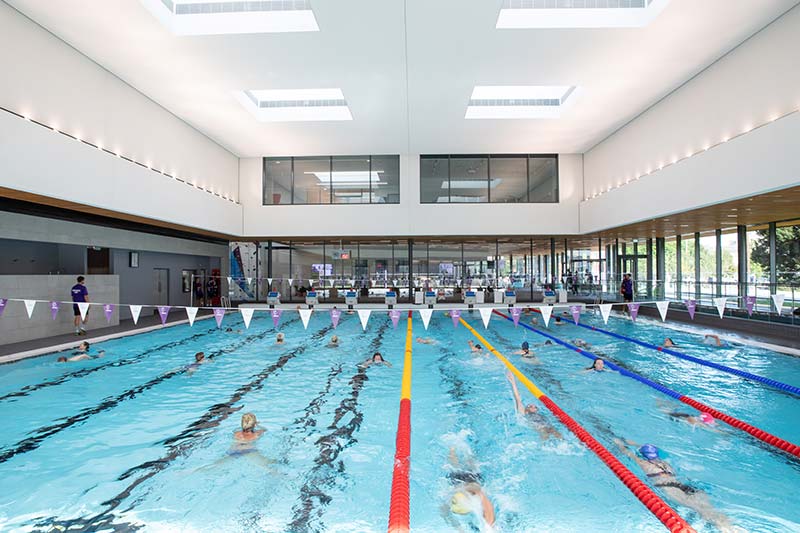Overview
Marine environments cover 70% of the Earth's surface and represent more than 95% of the world's biosphere. While human-induced threats continue, there's still so much to discover about this vital ecosystem.
On this BSc (Hons) Marine Environmental Science degree course, accredited by the Institution of Environmental Sciences (IES), you'll develop your understanding of this vital resource and learn how to protect its delicate ecosystems from climate change, overfishing and pollution.
Course Highlights
- Investigate marine ecosystems in our environmental laboratories and Institute of Marine Sciences, our internationally renowned shoreside marine station packed with expert staff, a floating research platform and purpose-built 318m2 aquatic centre
- Make the most of our coastal location with marine excursions on the Solent, and learn powerboating with the RYA or scientific and technical diving certified by the Professional Association of Diving Instructors (PADI)
- Have the chance to conduct research in places such as Somerset, Isle of Wight, Malta, Portugal, Malaysia and Belize
- Build experience on a one-year work placement, or study abroad at one of our partner universities in Spain, France or Poland
Careers and opportunities
The world's oceans and seas are one of its most precious and biodiverse resources. Ongoing threats to these marine environments – such as waste dumping, climate change, dredging and overfishing – mean the world needs people with the specialised scientific knowledge to safeguard marine resources for future generations.
This demand is growing too. In the UK alone, the number of jobs in environmental sectors has increased by 91% compared to 2016, and those who work in the environmental field can expect to earn at least 12% above the national average annual wage.
Working to preserve our marine resources
On this BSc (Hons) Marine Environmental Science, you'll study marine environments in depth, from the tiniest plankton to the massive effect of global warming on our oceans. You'll get to grips with essential tests and techniques, including the study of marine water quality, marine life and pollutants.
When you graduate, you’ll be primed for a career anywhere in the world in areas such as marine environmental consultancy, marine conservation, coastal management, and underwater exploration and conservation.
You'll be able to apply for Associate Membership of the Institution of Environmental Sciences (IES) and with more experience, you could work to become a Chartered Scientist (CSci) or Chartered Environmentalist (CEnv). Chartered Membership of the IES is required in many environmental careers.
You could also continue your studies at postgraduate level, such as with our MSc Coastal & Marine Resource Management.
Previous graduates have gone on to work in areas such as:
- environmental consultancy
- sustainability
- underwater exploration
- conservation
- wildlife protection
- coastal management
Roles our graduates have taken on include:
- marine scientist
- marine environmental consultant
- environmental chemist
- geographic information scientist
- fish health inspector
- marine conservation officer
- environmental policy officer
- coastal management officer
- wildlife protection officer
Ongoing career support – up to 5 years after you graduate
Get experience while you study, with support to find part-time jobs, volunteering opportunities, and work experience.
Towards the end of your degree and for up to five years after graduation, you’ll receive one-to-one support from our Graduate Recruitment Consultancy to help you find your perfect role.















